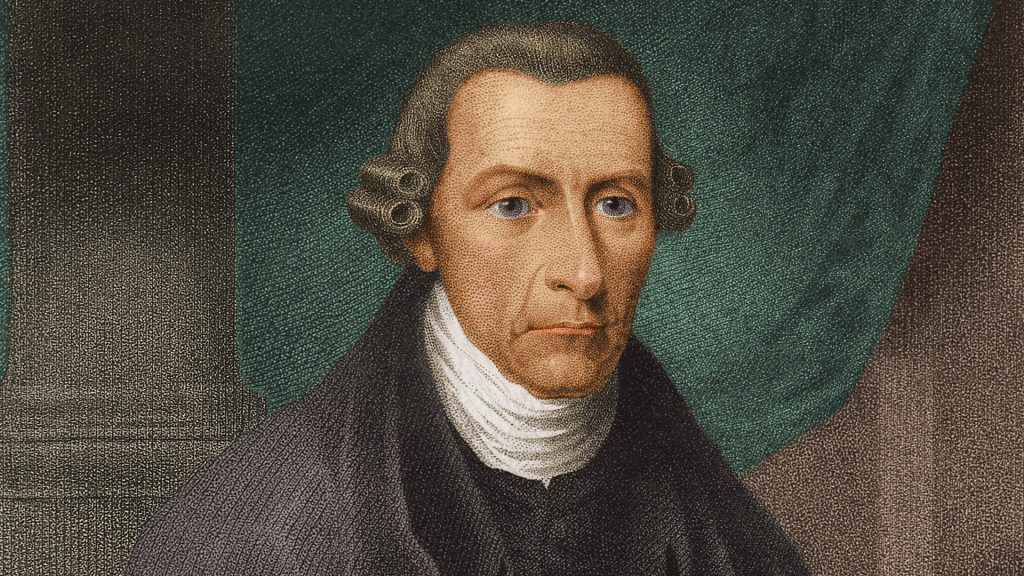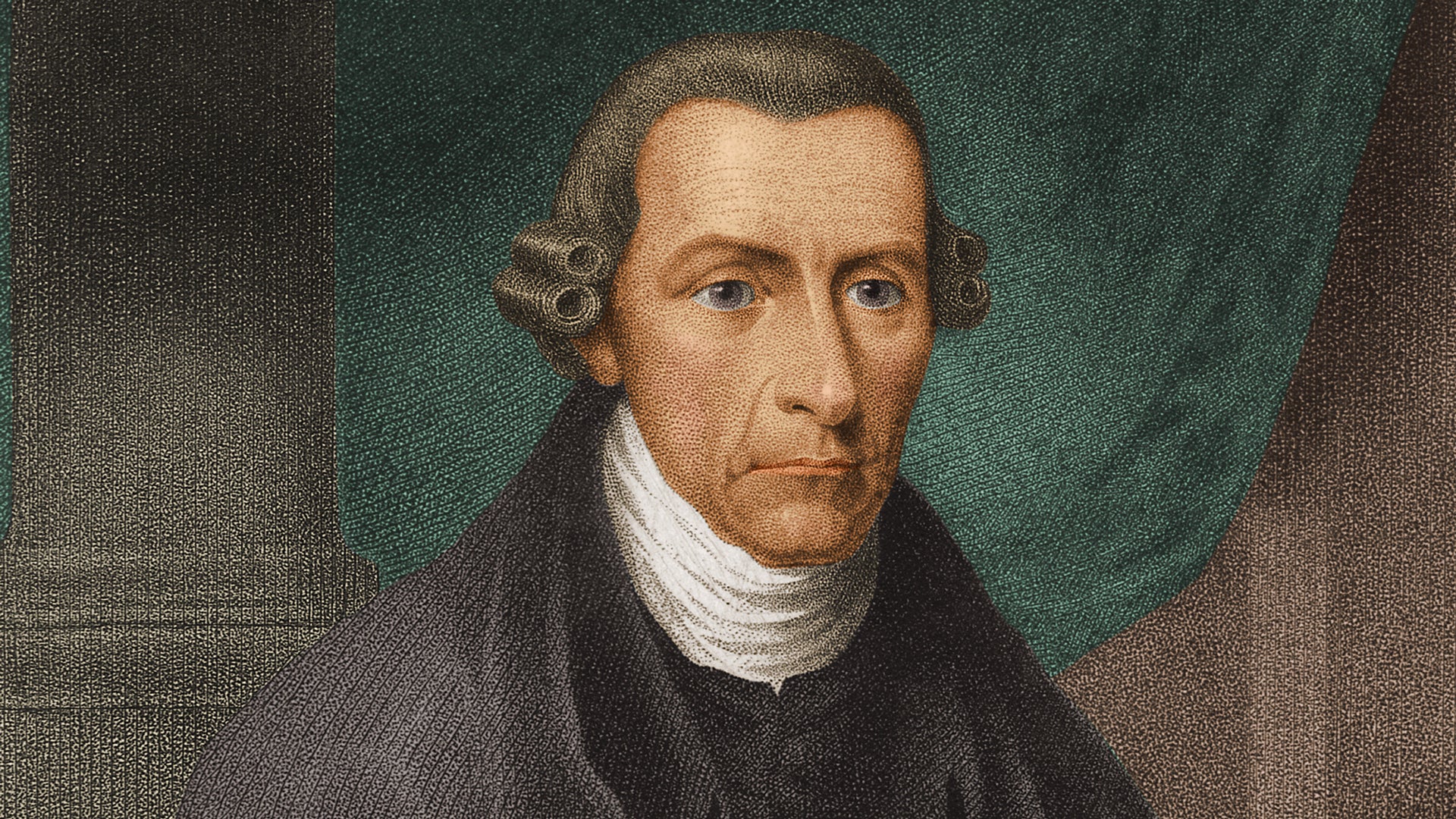
Photographer Nona Faustine, Known for Powerful Self-Portraits Addressing Historical Violence, Dies at 48

# Remembering Nona Faustine: A Trailblazing Photographer Who Confronted History with Bold Self-Portraits
Nona Faustine, a photographer renowned for her fearless exploration of history, identity, and racial injustice through self-portraits, passed away on March 20, 2024, at the age of 48. Her death was confirmed by Higher Pictures, the New York gallery that represented her. The cause of her passing has not been publicly disclosed.
## A Vision Rooted in History
Through powerful imagery, Faustine invited audiences to confront often-overlooked narratives from the past. Her work particularly focused on the legacies of slavery, gender, and racial inequality in the United States. Using her own body as a canvas, she balanced bold critiques of White violence and settler colonialism with tributes to ancestors whose histories had been erased or ignored.
“She was brave in a way most are not,” wrote critic and former *Hyperallergic* editor Seph Rodney. “Placing herself before the gaze of the world to redirect attention to history’s uncomfortable realities.”
## *White Shoes*: Reclaiming the Past
Faustine was best known for her haunting self-portrait series, *White Shoes* (2012–2021), in which she photographed herself nude or partially clothed at historical sites tied to slavery across New York City. Wearing only symbolic white heels, she stood at locations such as the Tweed Courthouse and Wall Street’s former slave auction site.
These thought-provoking images challenged collective amnesia, forcing viewers to reconcile New York’s financial and political centers with their overlooked history of slavery. In 2023, the Brooklyn Museum showcased the entire *White Shoes* series—consisting of 43 photographs—in Faustine’s first solo museum exhibition.
“Her vulnerable and commanding work urges us to think critically about the hidden, often traumatic histories of the places we call home,” the Brooklyn Museum shared in a tribute after her passing.
## Harnessing Photography for Resistance
Born in 1977 in Brooklyn, Faustine was raised in Crown Heights in a family of photography enthusiasts. Inspired by Diane Arbus, Gordon Parks, Roy DeCarava, and Sally Mann, she recognized photography’s potential as a tool for storytelling and activism.
Though she earned her undergraduate degree from the School of Visual Arts in 1997, her artistic career took a significant turn after completing her Master’s at the International Center of Photography-Bard College in 2013. Encouraged by her mother and sister, she returned to her passion for photography, determined to uncover history’s buried truths.
“I really wanted to answer and challenge the oppressive images of Black bodies from history,” she said in a 2019 interview with *Musée* magazine. “I knew the power of my body, my fleshy, large body, and I chose to celebrate it.”
## Legacy and Lasting Impact
Faustine’s work was ultimately about reclamation—of space, history, and dignity. Her photographs not only reshaped historical narratives but also encouraged discussions on representation and memory.
Her pieces now belong to prestigious collections, including the Brooklyn Museum, Studio Museum in Harlem, and Carnegie Museum in Pittsburgh. She was also a recipient of numerous awards and recently completed a fellowship at the American Academy in Rome.
While the art world mourns her loss, her bold vision will continue to inspire generations of artists, activists, and historians. As Seph Rodney poignantly stated:
“If we want to talk about our present-day heroes, we need to start with her.”
—
Nona Faustine’s unwavering commitment to history and justice ensures that her photographs will remain more than just art—they are testaments to resilience and truth.